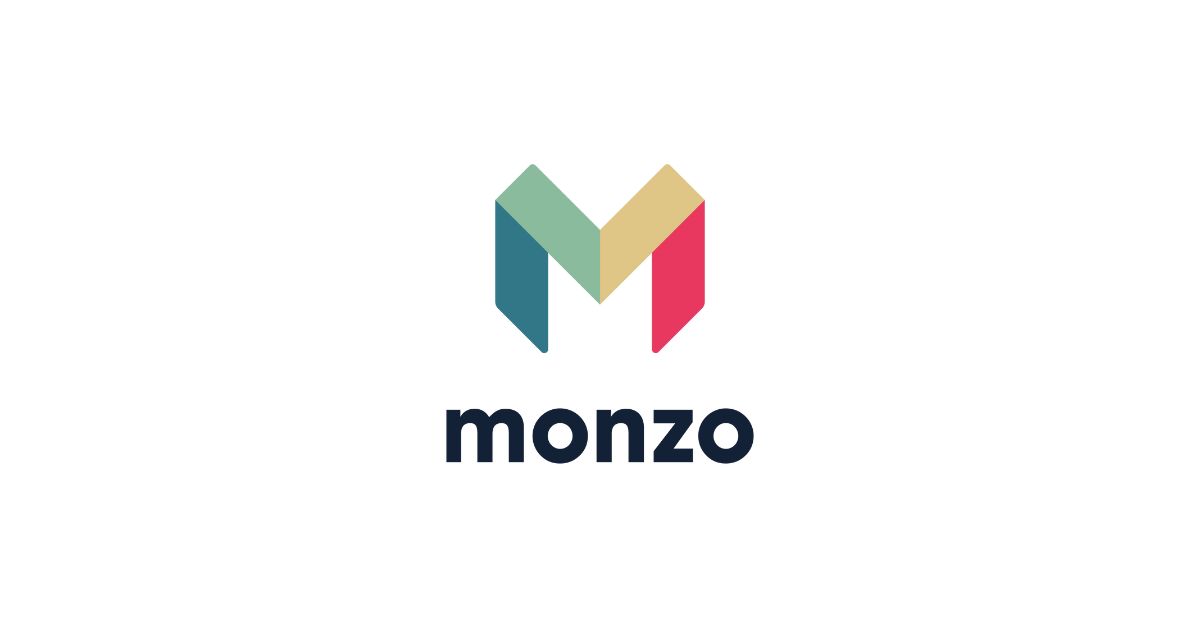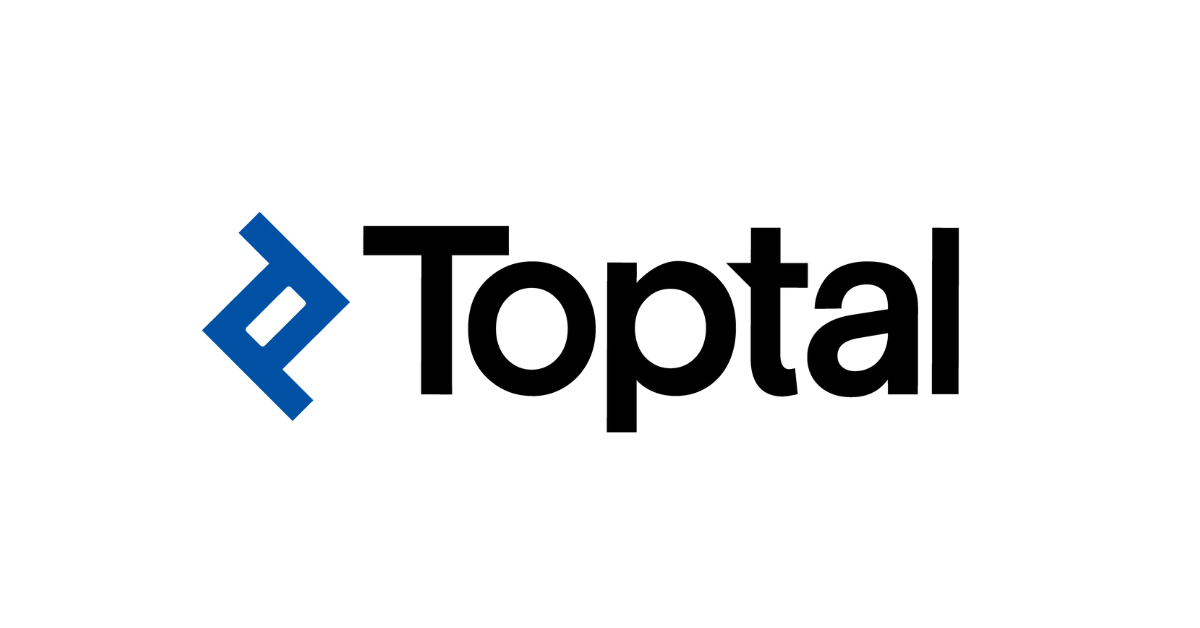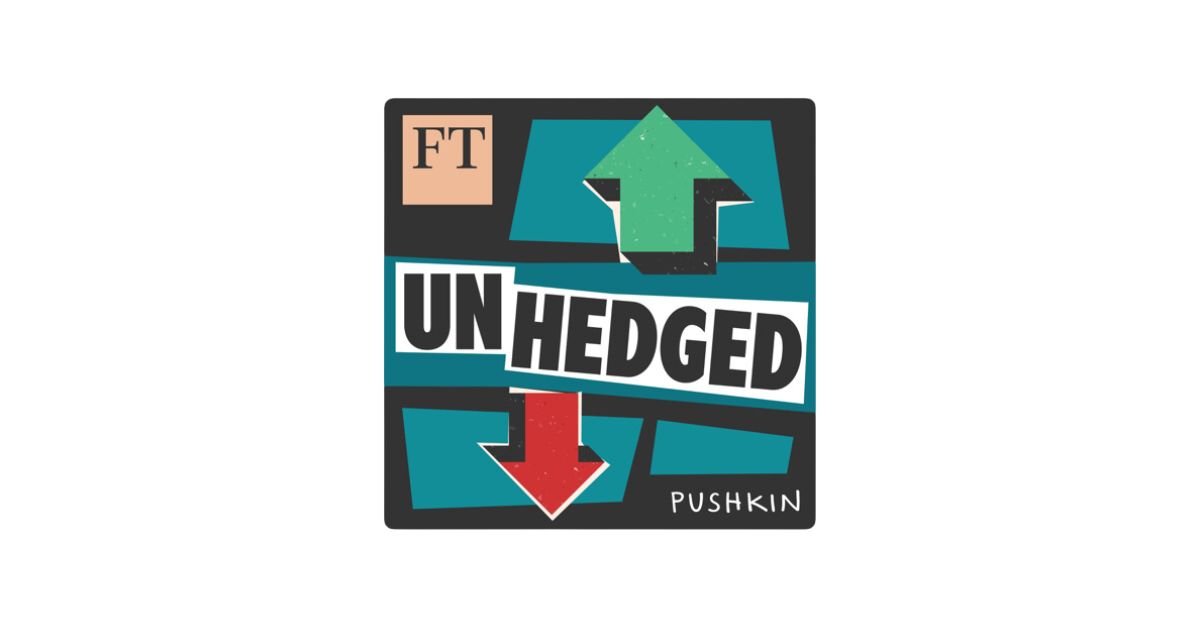Top 10 Sustainable Banks In 2024
April 13, 2024, 9 min read
The world is waking up to the urgency of sustainability, and the financial sector is no exception. A new wave of banks is emerging, prioritizing environmental and social responsibility alongside financial performance. These sustainable banks are redefining what it means to manage your money, offering innovative solutions that align your financial goals with a positive impact on the planet.
What is ESG in Banking?
ESG in banking refers to the integration of environmental, social, and governance factors into the banking sector’s business practices and decision-making processes. Here’s a breakdown of what each component generally entails:
Environmental: This aspect considers how a bank’s operations and financing activities impact the environment. It includes the bank’s carbon footprint, its policies on renewable energy, and how it manages environmental risks in its lending and investment portfolios.
Social: This component focuses on the bank’s relationships with employees, customers, and the communities where it operates. It encompasses issues like human rights, labor standards, customer satisfaction, and community engagement.
Governance: Governance relates to the internal system of practices, controls, and procedures a bank adopts to govern itself, make effective decisions, comply with the law, and meet the needs of external stakeholders.
Banks are increasingly recognizing that ESG factors can significantly affect their financial performance and risk profile. By considering ESG criteria, banks aim to finance more sustainable projects, avoid investments that could be harmful to society or the environment, and improve their overall impact on the world.
Moreover, ESG considerations in banking are not just about risk management; they also present opportunities for innovation and growth, such as developing green financial products or services that support social welfare projects.
Why Does Sustainibility Matter?
Sustainability is crucial in finance for several reasons:
Risk Management: Sustainable finance helps identify and manage risks associated with environmental, social, and governance (ESG) factors. This can protect investments from the negative impacts of climate change, social unrest, or poor corporate governance.
Long-Term Returns: Investments in sustainable projects are often more resilient and can provide better returns over the long term. Companies with strong ESG practices tend to have better management and foresight, which can lead to superior financial performance.
Regulatory Compliance: As governments worldwide implement stricter environmental and social regulations, sustainable finance ensures compliance and avoids potential fines or sanctions.
Reputation and Trust: By prioritizing sustainability, financial institutions can improve their reputation and build trust with customers and investors who are increasingly conscious of the impact of their money.
Market Demand: There is a growing demand for sustainable investment products as investors seek to align their portfolios with their values and contribute to positive social and environmental outcomes.
Top 10 Sustainable Banks of 2024
Get ready to discover banks that are putting people and the planet first, all while offering competitive products and services. Let’s dive in and explore the exciting world of sustainable banking!
Aspiration is a unique financial institution that stands out for its commitment to sustainability and ethical practices. Unlike traditional banks, Aspiration is transparent about how it uses your deposits and ensures they are not funding industries that harm the environment or society.
Aspiration’s mission is to use finance as a force for good1. It aims to empower its customers to combat climate change through their personal finance choices. They achieve this by offering financial services that do not harm the planet. For instance, Aspiration keeps your deposits fossil fuel-free by committing to never fund projects like pipelines or oil drilling.
One of the key principles of sustainable banking that Aspiration follows is the “Do No Harm” principle. This means that the bank won’t invest in industries that pose social or environmental risks, such as fossil fuels, industrial farming, weapons manufacturing, and tobacco.
Barclays is a global financial institution that has made significant strides in integrating sustainability into its operations. Recognizing the urgent and complex challenge of addressing climate change, Barclays has committed to transforming the economies it serves through green and sustainable finance.
Barclays aims to stop adding to the total amount of greenhouse gases in the atmosphere by supporting the transition to a low-carbon economy. In 2020, Barclays announced its ambition to be a net-zero bank by 2050, becoming one of the first banks to do so.
The bank plays a crucial role in channeling investment, including its own capital, into new green technologies and low-carbon infrastructure projects. Its sustainable finance strategy represents a commitment to using Barclays’ expertise, scale, and reach to support clients through the energy transition and foster social and sustainable development globally.
Triodos Bank is a global leader in sustainable banking. Founded in 1980, Triodos Bank has been a pioneer in demonstrating that a different approach to finance is not only viable but also beneficial for both people and the planet.
Triodos Bank is an independent bank that promotes responsible and transparent banking. It believes that there is no conflict between focusing on people and the planet and achieving a good financial return. In fact, it sees these aspects as mutually reinforcing in the long term.
The bank has set a target to reach net zero by 2035. This ambitious goal is part of its commitment to greatly reduce the greenhouse gas emissions of all its loans and funds’ investments using a science-based targets approach. The remaining emissions will be balanced or ‘inset’ by investing significantly in nature projects that remove greenhouse gases from the air.
Sunrise Banks, based in Minnesota and South Dakota, is a socially responsible community bank that is dedicated to making a positive impact. Since its inception in 1984, Sunrise Banks has been working to improve the lives of community members through financial empowerment.
The bank’s CEO, David Reiling, states that Sunrise Banks aspires to be more than just a bank; it aims to be the world’s foremost socially responsible bank. This commitment is reflected in the bank’s operations and services, which are designed to foster trust, transparency, and customization for each customer.
Sunrise Banks is also committed to sustainable practices. It is investing in green banking solutions and tracking the carbon footprint of its loan portfolio. In recognition of its sustainable business practices, Sunrise Banks was named a Best for the World™ B Corporation in 2021, ranking the bank in the top five percent of all B Corporations of similar size worldwide.
Nordea is a leading financial institution in Northern Europe that has made significant strides in sustainable banking. Headquartered in Helsinki, Finland, Nordea operates across multiple countries in the Nordic and Baltic Sea regions.
The bank has a strong commitment to sustainability and corporate social responsibility. It has integrated sustainability into its business operations and decision-making processes. Nordea believes that a sustainable approach to business can enhance long-term profitability and reduce risk.
Nordea’s sustainability strategy focuses on areas where it can make the most significant impact. These include responsible investments, sustainable finance, climate change, human rights, and financial crime prevention. The bank has set ambitious targets to reduce its environmental footprint and contribute to a sustainable future.
ING Bank, a global financial institution based in the Netherlands, is at the forefront of sustainable banking. It has made significant strides in integrating sustainability into its core business operations.
ING Bank is committed to facilitating and financing society’s shift towards sustainability. It has set ambitious goals, including steering the most carbon-intensive parts of its loan book towards net zero by 2050. The bank also aims to triple its renewable energy financing by 2025 and mobilize €125 billion in sustainable finance annually by the same year.
The bank’s sustainability approach is comprehensive, addressing climate change, biodiversity, and human rights in its dialogue with clients and financing decisions. ING Bank is also committed to advancing financial health and inclusion for its customers and communities.
Forbright Bank, headquartered in Maryland, is a full-service bank that is committed to accelerating the transition to a sustainable and clean energy economy. It is known for its industry-leading sustainable finance practices.
Forbright Bank’s mission is to enable businesses and consumers to achieve their diverse banking needs in a way that drives more sustainable outcomes for our communities and society as a whole. The bank holds itself accountable to responsible business practices and a sustainable mindset throughout all aspects of the organization.
In 2023, Forbright Bank had a successful year due to strong credit performance, new online and in-person deposit platforms, continued focus on serving its customers through sustainable and responsible business practices, and an ongoing commitment by the Bank’s Board and management team to operate in a safe and sound manner.
Optus Bank is a full-service bank that is committed to accelerating the transition to a sustainable and clean energy economy. It is known for its industry-leading sustainable finance practices. It is also a Certified Community Development Financial Institution, a mark of distinction reserved for financial institutions committed to empowering economically distressed communities. The bank offers innovative ways to manage, move, save, and borrow money for individuals and small businesses with the goal of ensuring that wealth building is not just for the wealthy.
In 2023, Optus Bank had a successful year due to strong credit performance, new online and in-person deposit platforms, continued focus on serving its customers through sustainable and responsible business practices, and an ongoing commitment by the Bank’s Board and management team to operate in a safe and sound manner.
Optus also provides incentives to employees, including bonuses for purchasing solar panels and electric vehicles, contributions for taking public transit or biking to work, and reimbursements for sustainable subscriptions such as composting and community-supported agriculture.
Walden Mutual is a sustainable bank that is revolutionizing the banking industry with its unique focus on supporting local food and agricultural ecosystems. This bank is not just “mission-driven”; it is mission-built from the ground up to effect food systems change.
The “mutual” part of its name signifies that it is cooperatively governed and legally bound to work for its community. As a mutual bank, Walden Mutual is the first new mutual nationwide in 50 years. This cooperative structure holds the bank accountable to its long-term commitments.
Walden Mutual received full approval from both the FDIC and New Hampshire State Banking Department in October 2022. It provides loans of up to about $4 million to $5 million to companies that meet its strict criteria around environmental and socially sustainable business practices.
Locus is a community development financial institution that is advancing high-impact, community-led projects. It supports racial equity, small business growth, housing affordability, climate resilience, and healthy food access.
Founded in 2006 with an investment from the Commonwealth of Virginia and then-Governor Mark R. Warner, Locus (formerly Virginia Community Capital) is now in its third decade of partnering with mission-driven community organizations. It centers equity to catalyze equitable economic development.
Locus takes a place-based approach to investing, believing that it results in safe, healthy, and prosperous communities. It works with partners and places with shared visions for the future or a desire to partner with them to clearly define those visions.
Conclusion
The financial sector is undergoing a significant transformation, driven by a growing awareness of the urgency for sustainability. Sustainable banks are emerging as a powerful force for positive change, offering a unique blend of financial products and services that prioritize environmental and social responsibility alongside financial performance.
By choosing a sustainable bank, you’re not just making a smart financial decision; you’re also making a conscious choice to align your money with your values. These banks are dedicated to financing projects that create a positive impact on the world, such as renewable energy initiatives, sustainable agriculture, and community development projects.
The benefits of sustainable banking extend far beyond individual choices. As sustainable practices become more integrated into the financial system, it fosters a more resilient and responsible financial landscape that benefits everyone.
Ready to join the movement? Explore the exciting world of sustainable banking and discover how you can make a difference with your money. There are a growing number of sustainable banks offering a variety of products and services to meet your needs. Research the options available and choose a bank that aligns with your values and financial goals.
Together, we can build a more sustainable future for our planet.
















![Fintech Companies Providing Excellent Blog Content to Bookmark [2024]](https://globalfintechmarket.com/wp-content/uploads/2024/03/Fintech-Companies-Providing-Excellent-Blog-Content-to-Bookmark-2024.jpg)